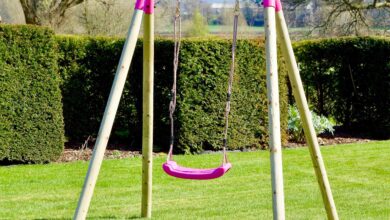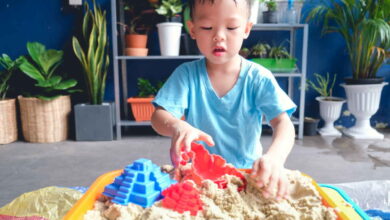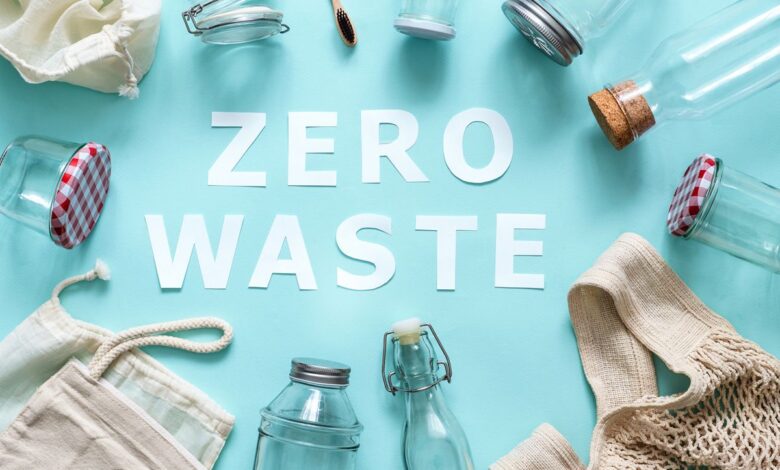
How to Make Our Children Aware of Zero Waste?
To make the young generation aware of zero waste is important because they are the future of our planet, children are the first citizens to be aware of global warming. And to make them real ecologists, nothing could be easier. A few simple and playful gestures can be taught to them from a young age to make ecology rhyme with lifestyle. It is as easy to adopt good habits as it is to adopt bad ones, and it is up to us, the responsible adults, to make sure that our young people understand the stakes of these gestures for the future of their planet.
1. Save Energy
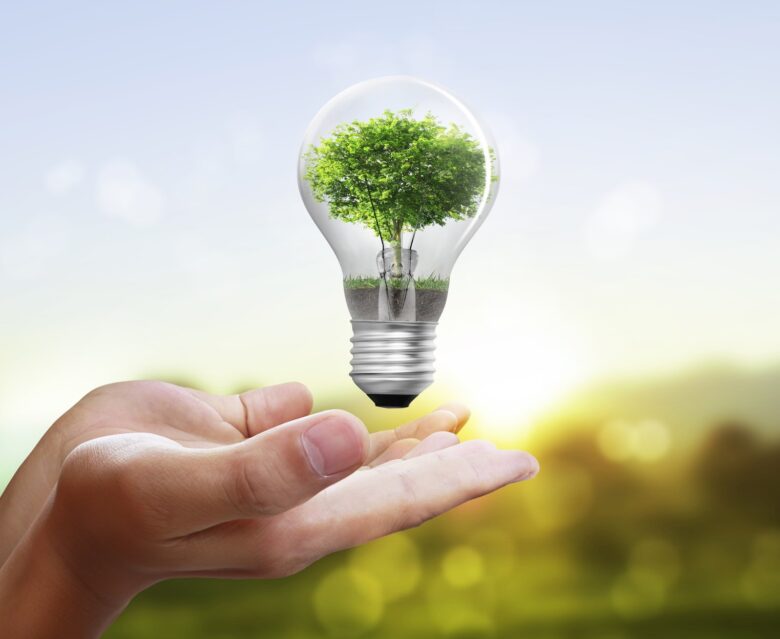
Easy to integrate and understand, the small gestures that allow to save energy are to be taught from the youngest age.
– Turn off the light when leaving a room: This gesture must be a reflex and it is up to you to tell them each time they leave a room that they must remember to turn it off. It’s not to save money, although it won’t hurt the wallet, but it’s really to reduce energy consumption, and therefore its production, and therefore the carbon footprint to produce it, because if all the unoccupied rooms in a city were turned off, who knows what percentage of electricity production it would save?
– Turning off the faucet while brushing your teeth: Everyone knows that to be effective, brushing your teeth must last at least 2 minutes. Do you know how many liters of water are lost during 2 minutes? Well, it’s simple, an open faucet lets out 13 liters per minute, so when the faucet is left open, each 2 minutes of tooth brushing wastes 26 liters of water, for nothing. Just for comparison, the average water consumption of a dishwasher is 12 liters per wash!
– Turn down the heat when you leave the house: It sounds normal to read it, but it’s better to say it, because an empty house that heats up to full capacity doesn’t make sense, unless you’re maintaining a tropical forest in your living room.
– Take a shower rather than a bath: A shower (a long one), consumes on average 50 liters of water, while taking a bath will make you consume between 150 and 200 liters, which after 30 minutes will be too cold to stay there in all serenity …
Here are some good habits to put in place from a young age.
2. Objective Zero Waste
According to Yoko Design that propose multiple reusable contents, just simply explain zero waste to your children and they will immediately understand the issue. We don’t have to wait until they are grown up to teach our children about zero waste. It can also be a fun game for them. Finding THE toothpaste without packaging, collecting reusable bags to hold fruits and vegetables at the supermarket, favoring reusable and refillable items, these are some challenges that should motivate them. If you show them the way and be consistent in your daily choices, they will adopt these choices in their future lives.
3. Recycle Everything That Can Be Recycled
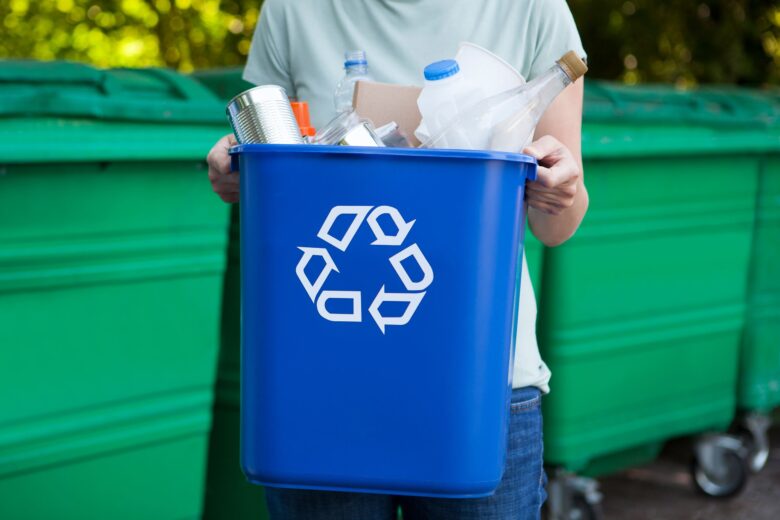
Because a life without waste is hard to follow literally, we will also suggest that our greenies learn the art of recycling. To help them learn the lesson, you can draw a nice picture with them to see which garbage each everyday item can goes into. And if you have a garden, why not introduce them to the art of composting? If you teach them to understand what can be recycled and what cannot, they will make their own choices to always prefer recyclable solutions rather than burdening themselves with waste that they know is harmful to the environment.
4. Reduce Your Carbon Footprint While Having Fun
Each of our actions has an impact on the environment. Rather than making our child feel guilty, it is better to suggest some games to reduce his carbon footprint. Here are some simple examples:
– Don’t eat meat on a certain day of the week,
– Take public transportation or walk instead of driving,
– Challenge your child to try to reach a certain threshold of greenhouse gas emissions to save.
The main goal is to make your child understand the carbon impact of everyday actions. Want more examples?
– The simple fact of not leaving an appliance on standby for days, or
– A plugged-in outlet when no appliance is powered or charging,
– Avoid having a heater on in a room, and the bedroom window open, it seems so obvious, but if you knew…
– Always turn off and unplug your phone and computer when they are charged,
– Do not leave your phone or computer on charge overnight, it weakens and damages its battery, and consumes unnecessarily,
– …
5. Learn to Live With the Seasons

This is an art that has been lost over the generations. Living with the seasons is however a very ecological gesture. It allows us to consume locally and thus avoid the huge carbon emissions due to transportation.
As for recycling, you can create with your child a chart to visualize at a glance the fruits and vegetables of each season. You will also learn the right gestures to protect your house from the cold in winter and the heat in summer to minimize the use of heating and air conditioning.
6. Discover the Art of Recycling
Being an eco-kid also means knowing how to reuse what already exists. Have fun salvaging old furniture or fabrics. Then embark on a crazy project to give a new life to a used object that you won’t want to do without once it’s been refurbished.
7. Understand the Difference Between Want and Need
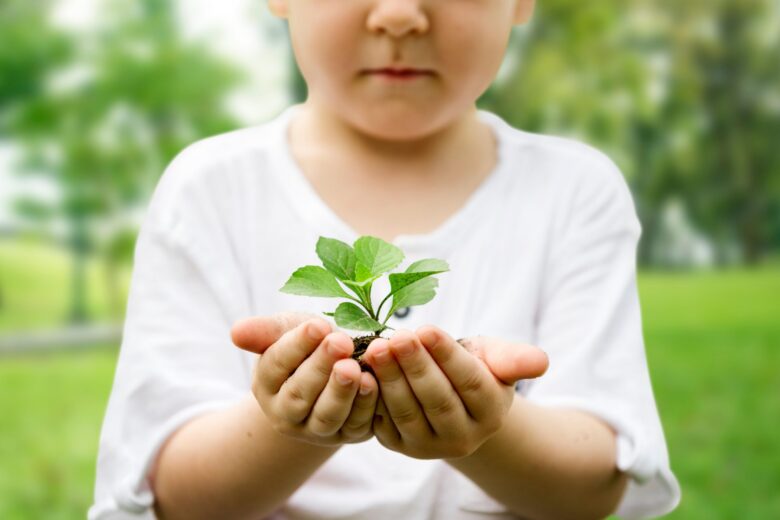
We know that consuming more and more is bad for the planet. And our society encourages our children to buy by creating artificial needs in them. We can however educate them to make the difference between want and need. It is not sure that this works from a young age. But this education will probably pay off in adulthood. It’s worth trying now.
Being green is great but understanding the impact of zero waste and educating our children to be the green people of tomorrow is even better.

